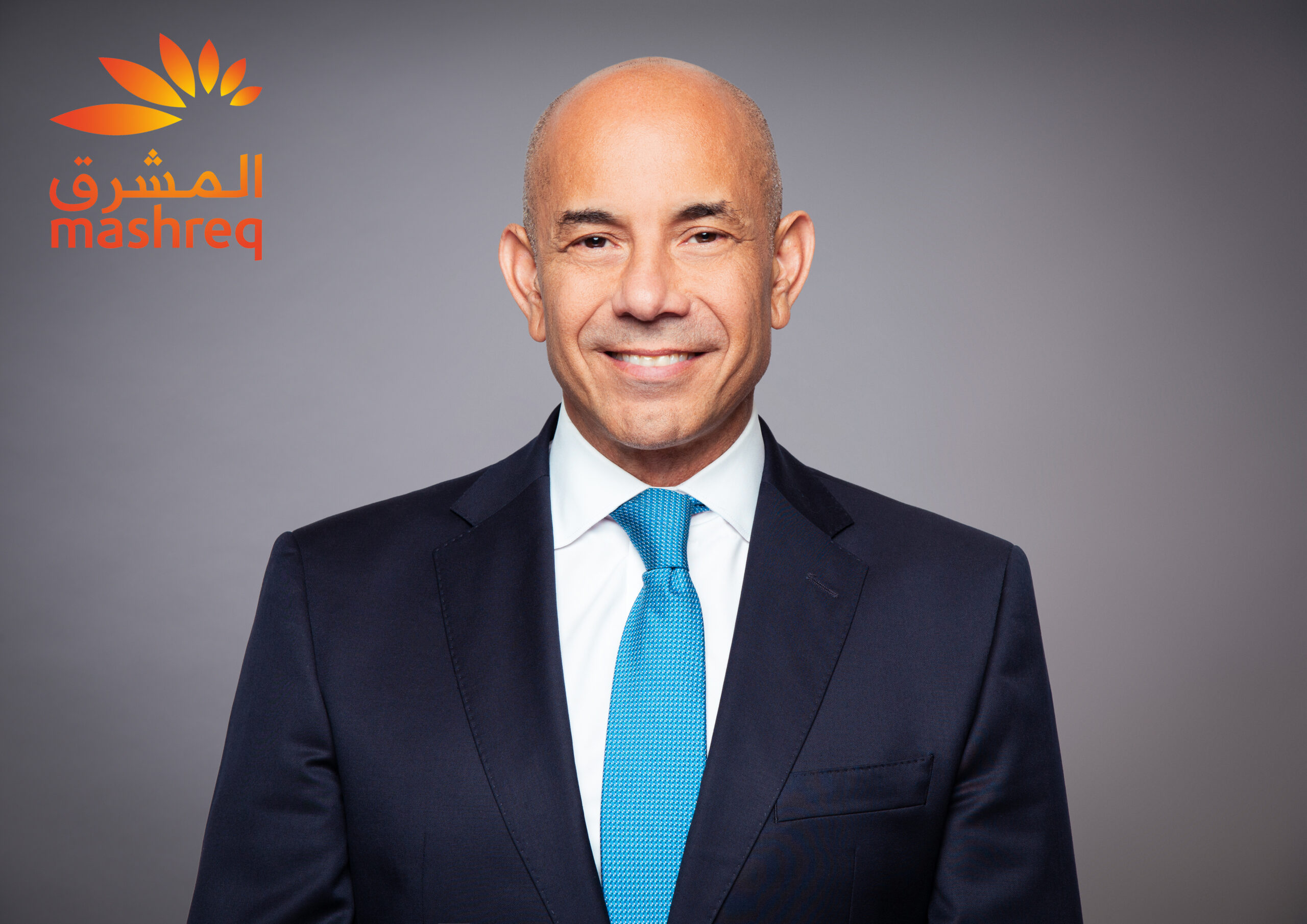This is supposed to be the year of the big balance sheet: the year when leadership in wholesale financial and capital markets business passes from the pure-bred US investment banks to a mix of US and European hybrid, universal banks. The universal banks can supposedly offer not just all the investment-banking services, but also the commercial lending, foreign exchange, custody and cash management services that clients need.
Throughout the past 10 years the investment banks operated in a league ahead of the large commercial banks.
Thanks for your interest in Euromoney!
To unlock this article:



